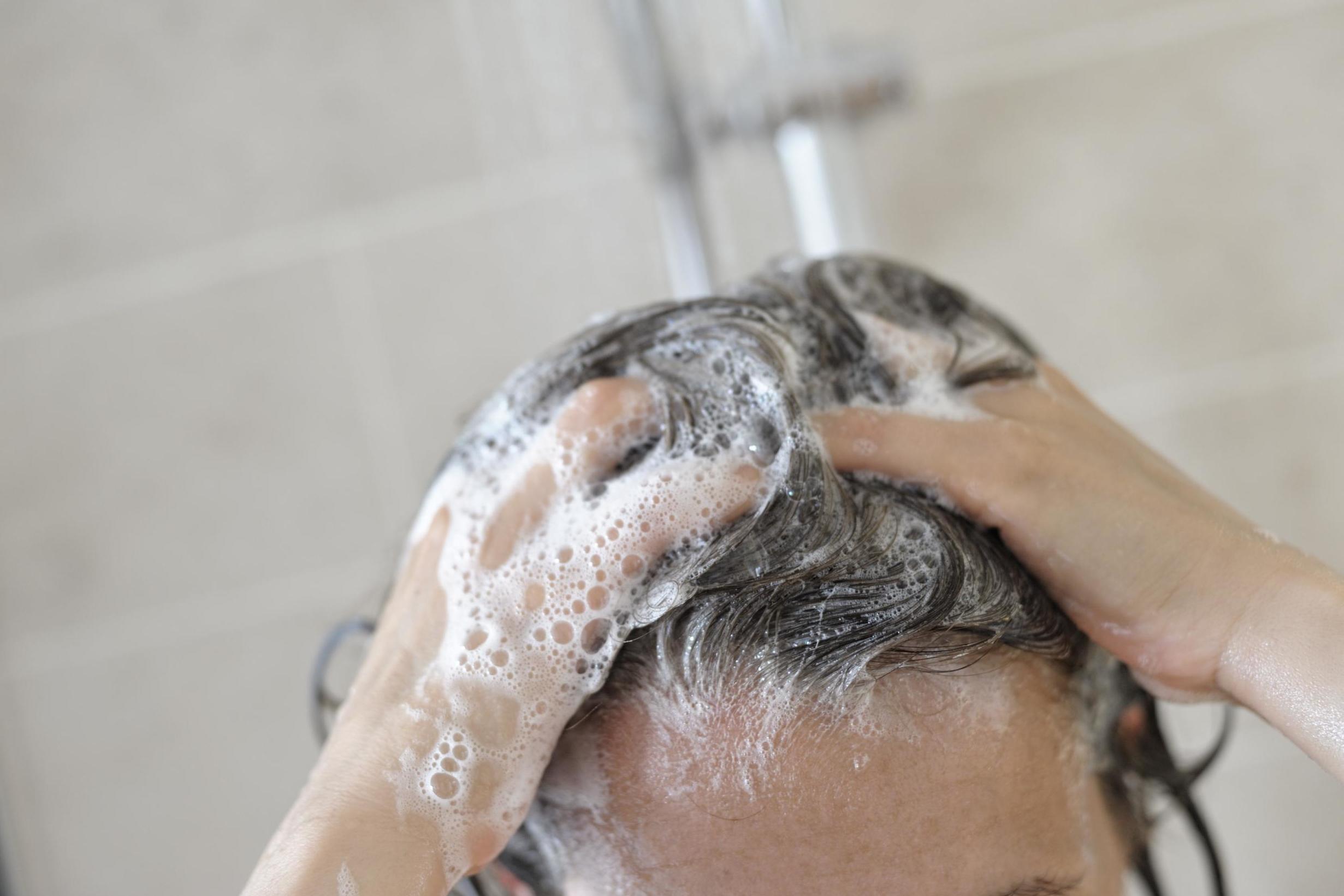Four harmful ingredients to avoid in your hair products
These are the chemicals to look out for

When it comes to choosing hair products, the endless stream of options at your disposal can feel a little overwhelming - and that’s before you’ve even looked at the ingredients list.
Littered with names you don’t recognise and chemicals you’ve never heard of, it can be all-too-easy to ignore the small print altogether and base your hair care judgements on marketing and aesthetics alone: “I like the colour of this bottle and the shape of that one”.
However, there’s more to haircare than eye-catching packaging.
In fact, there’s a whole host of harmful ingredients to watch out for, which might explain why you’ve become accustomed to seeing “free from xyz” plastered over countless products.
So, which ones do you need to know about?
Parabens
Though more commonly-found in skincare, some hair products do still contain parabens, such as methylparaben and propylparaben, which promote hair growth and prevent bacteria.
“To identify parabens on skin care labels, look for propylparaben, benzylparaben, methyl- paraben, or butylparaben,” explains leading naturopathic doctor, Dr Trevor Cates.
“Parabens are known xenoestrogens, which means they have estrogenic activity in the body,” she tells The Independent.
Research has linked parabens to breast cancer, given that they have been found in some breast tumours, though the strength of these links remain unclear. In light of the research, it’s worth avoiding them where possible, Cates advises.
However, due to EU restrictions, parabens are usually only used in small amounts in most mainstream hair products.
Formaldehyde
Shampoos containing preservatives that release formaldehyde such as quaternium-15, diazolidinyl urea, DMDM hydantoin, bronopol, or imidazolidinyl urea can be severely damaging because they can release formaldehyde into the air you breath and into your skin, warns Cates.
“Formaldehyde is known to cause DNA damage and cancer,” she says.
“It is most dangerous when inhaled and, in liquid form, can be absorbed through the skin. In addition to being carcinogenic, formaldehyde and its releasers can cause ‘allergic’ reactions, including skin irritations and asthma.”
The EU has restrictions in place on formaldehyde, meaning it’s not as widely-used as some of the other chemicals mentioned.
Sulphates
Though ubiquitous across the beauty product board - sulphates can actually be pretty detrimental to your hair, resulting in brittleness and in some cases, eczema. Often present in the form of sodium laureth sulfate and sodium lauryl sulphate, they are inexpensive detergents that are responsible for the lather effect that most generic shampoos have.
“They’re used extensively in the cosmetic industry as a surfactant which traps dirt and oil and can be rinsed away by water,” David Felstead, director at the Daniel Galvin Hair & Scalp clinic, tells The Independent.
“There is concern that that this chemical may be carcinogenic or an irritant so some manufacturers steer clear of it and use alternatives such as ammonium laureth sulphate which is gentler.”
While they might take a little longer to generate a lather-like effect, sulphate-free products might be a good option for those battling particularly dry hair.
Fragrance
One of the most common ingredients in modern day hair products is fragrance. Often highlighted in savvy marketing campaigns, brands will tell you their shampoos and conditioners will make your hair smell like sunshine - but they could also be responsible for causing allergic reactions, or exacerbating symptoms of asthma.
“Fragrances can contain a number of endocrine-disrupting chemicals (EDCs) and are among the top five allergens in the world,” Cates explains, adding that products containing synthetic fragrances should be used with caution.
However, Felstead explains that products containing fragrance is normally fine for most people if you don’t have a sensitive scalp. If you do, he suggests opting for a hypoallergenic shampoo to avoid any possible reactions.
Join our commenting forum
Join thought-provoking conversations, follow other Independent readers and see their replies
Comments
Bookmark popover
Removed from bookmarks